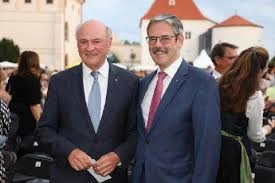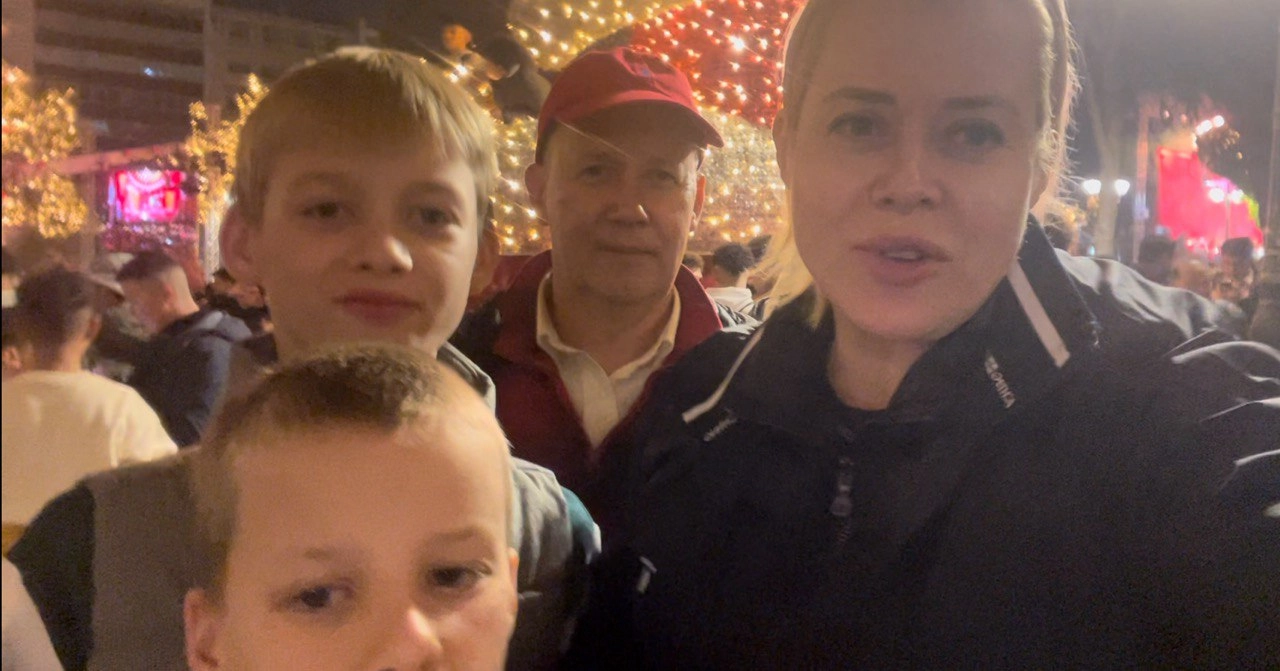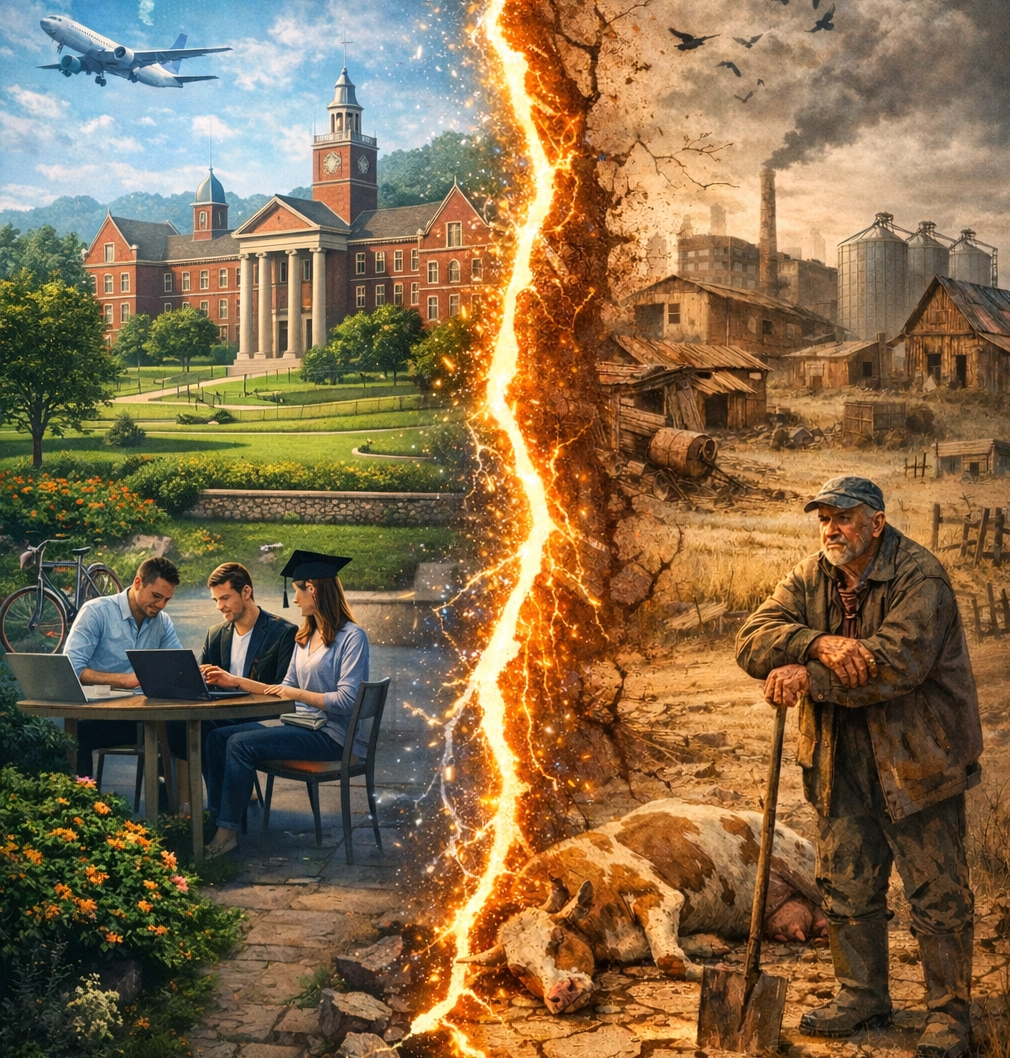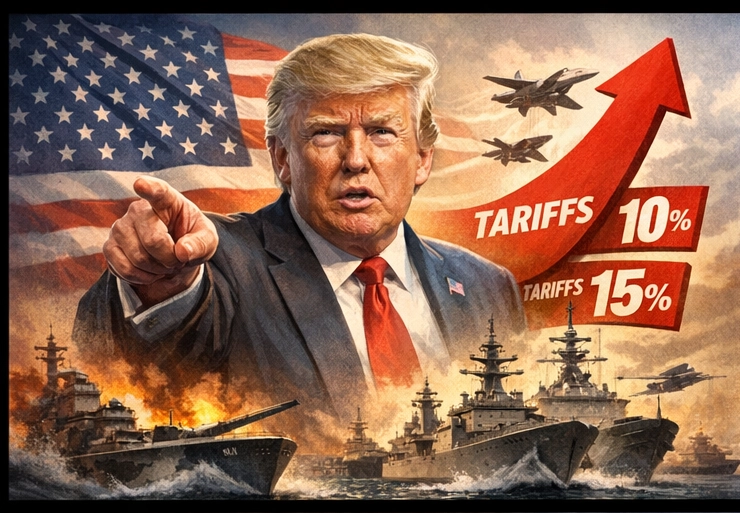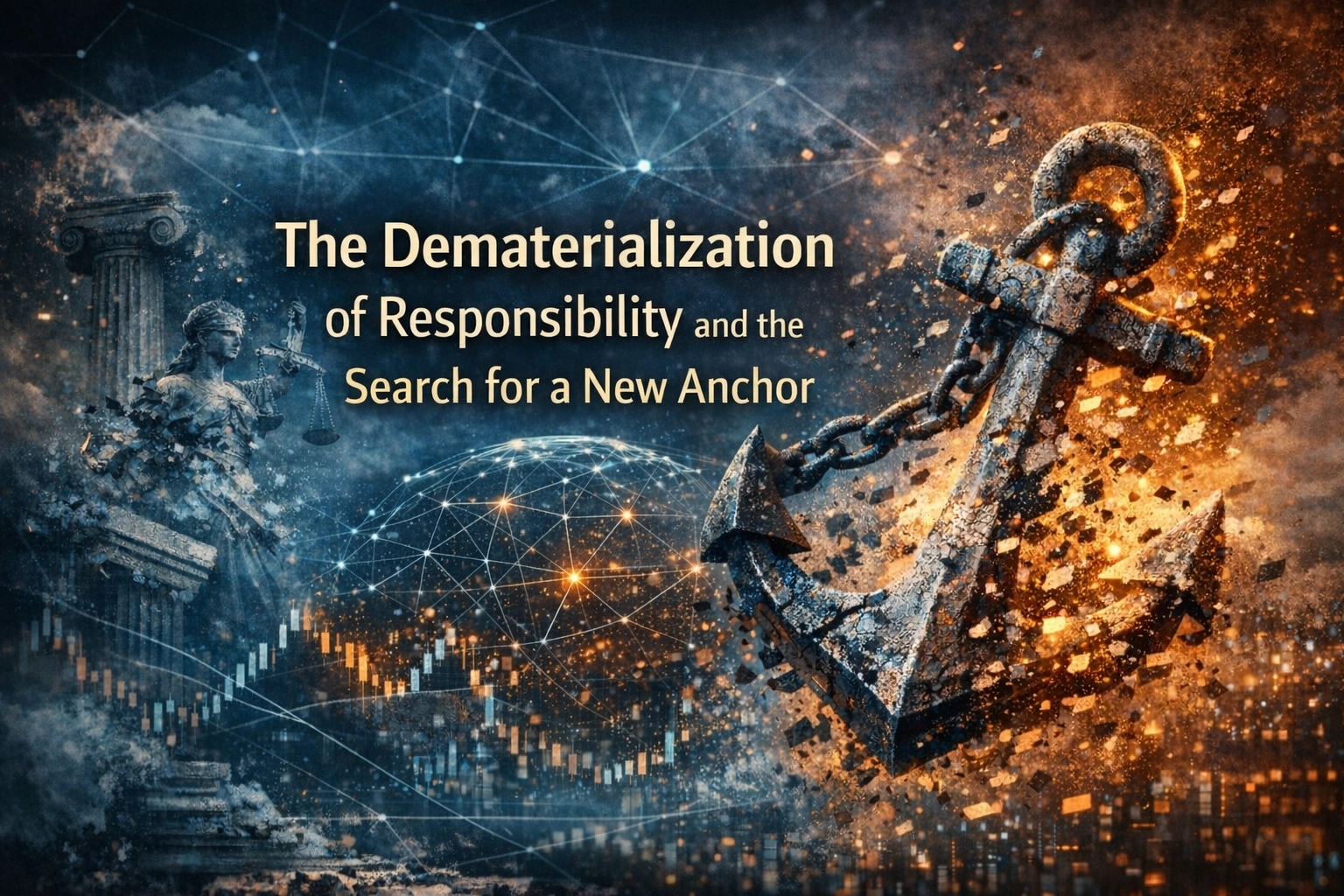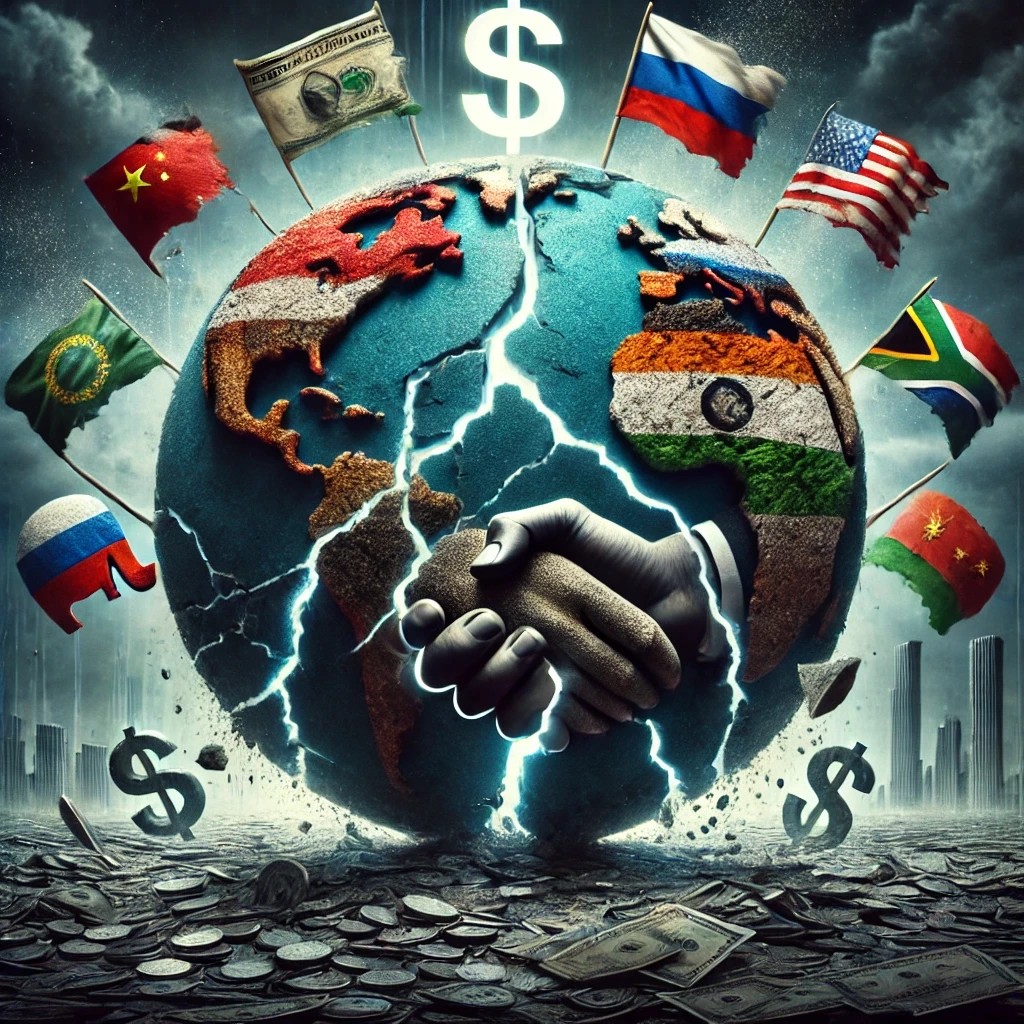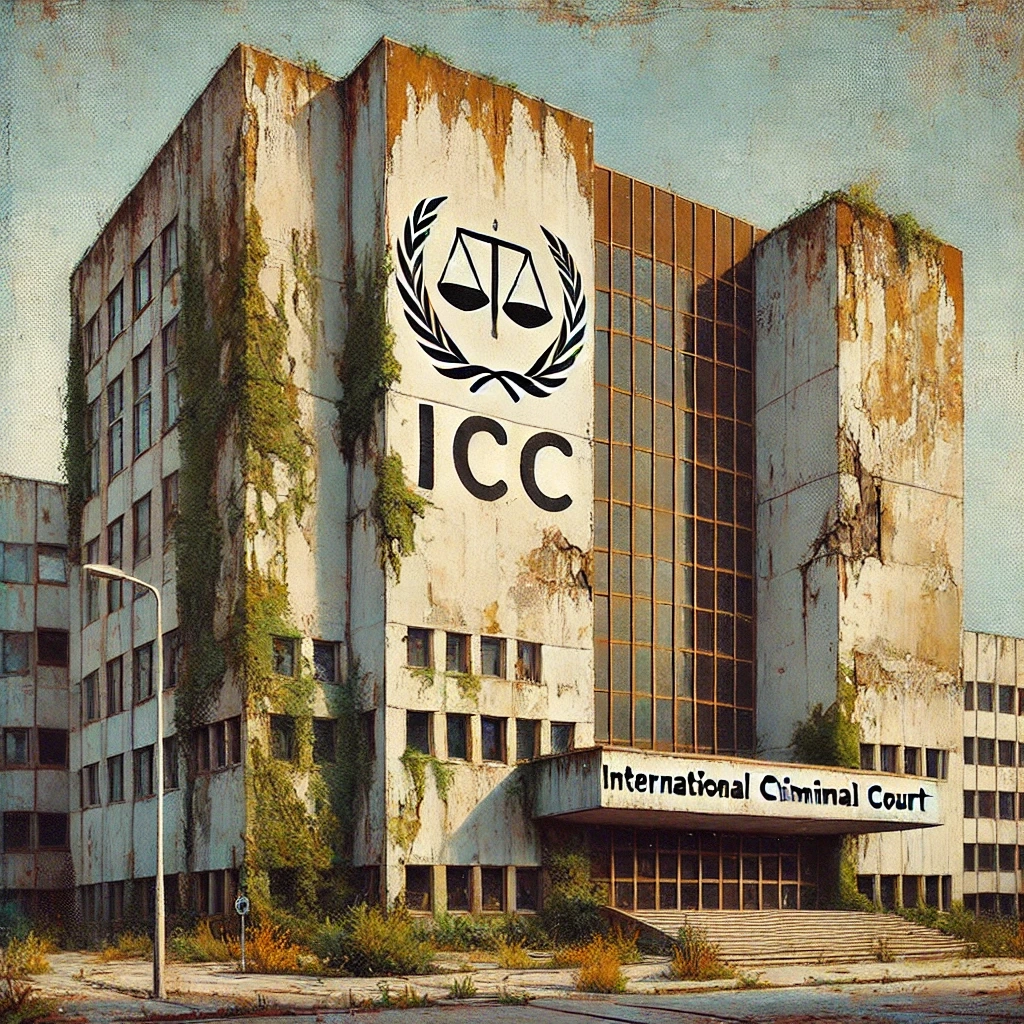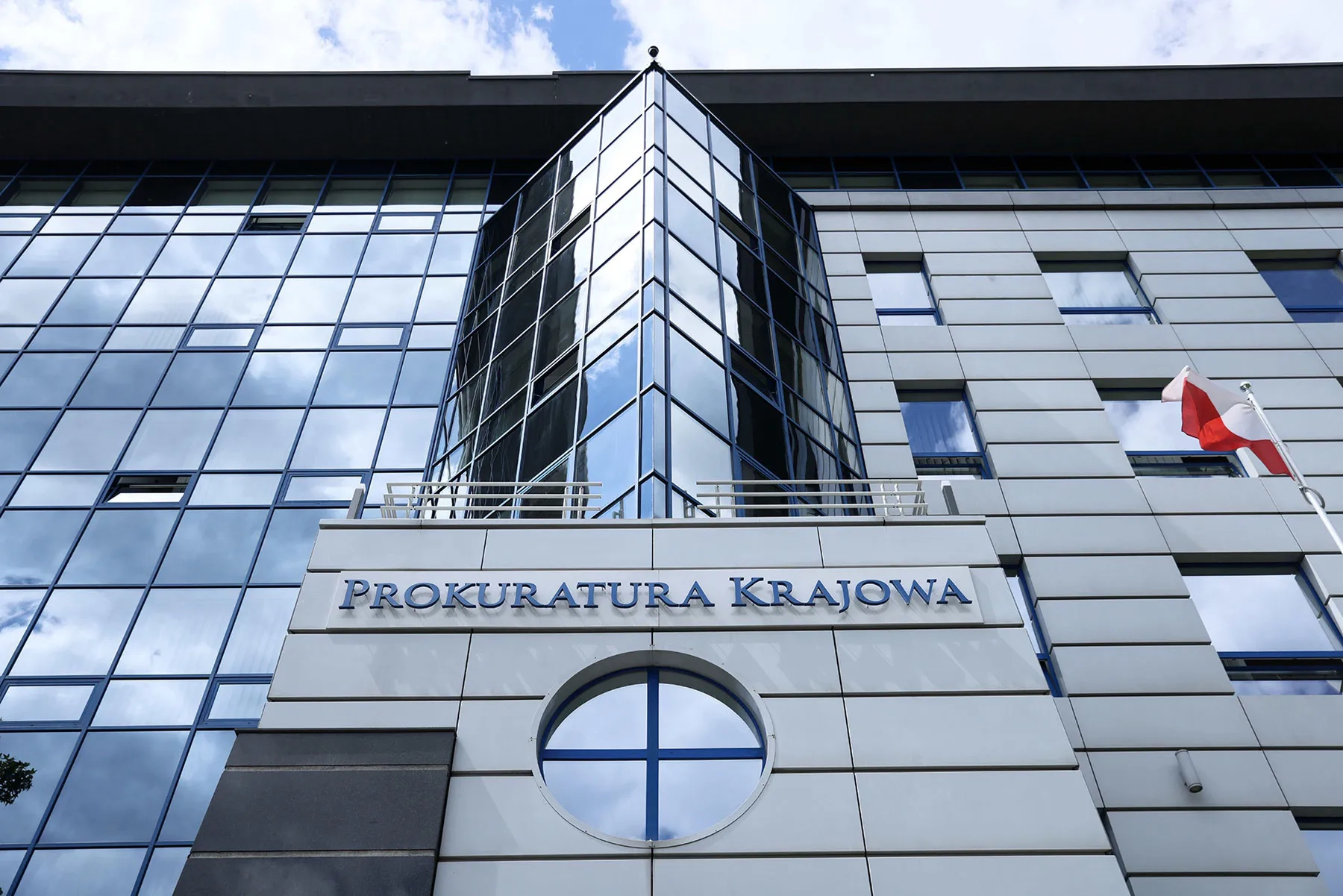This New Year, out of curiosity, I decided to watch the holiday concert broadcast on Russia’s Channel One. It was my first time watching such a program in the past 6–7 years.
Perhaps that’s why what I saw left me deeply unsettled.
The concert opened with the song “We Are the Army of the People.” I know this song by heart from my time in the military. It’s a marching anthem that I’ve always associated with the spirit of the Great Patriotic War—the Soviet people’s heroic fight against one of the most inhumane ideologies of the 20th century, when the peoples of the USSR united to resist fascism. The performance featured Rastorguev, Leps, and another performer with dyed hair whose image clashed jarringly with the patriotic nature of the song.
The inclusion of this song in a New Year’s concert was clearly intended to draw a parallel between the Great Patriotic War and the so-called “special military operation.” This connection was underscored by the lyrics: “From Kursk and Oryol, fate brought us to the enemy’s gates—this is how it is, brother.” The implication was that, while the enemy may currently be near Kursk, the war would ultimately end at the gates of Kyiv.
Comparing the war against Ukraine to the fight against a foe intent on annihilating your culture and very existence felt sacrilegious to me. It disrespects the memory of the Soviet people’s struggle against a dehumanizing ideology that viewed Slavs as subhuman, fit only for concentration camps or gas chambers.
I even wrote an indignant post about this but never published it. Still, it served as a starting point for deeper reflections on the 20th century, our current era, and the state of the modern Russian ethos, as well as on Belarus, Ukraine, Europe, America, and Asia.
The Poverty of Ideology
One of the first things that stands out is the ideological confusion typical of nations experiencing a deep crisis of identity. A young and vibrant nation distinguishes itself through creativity—intellectual, cultural, and technological. It rejects outdated cultural norms and stagnant traditions, searches for new ideals of beauty and wisdom, and often asserts them through wars or internal conflicts. Such a nation fosters its own culture, poetry, and art, establishes new values, and drives economic progress.
Over time, however, as its momentum fades, the nation starts searching for new ideals, reexamines its values, or attempts to restore what it once dismantled.
After the collapse of the USSR, every former Soviet republic faced the challenge of finding its place in the world. Some, like Turkmenistan and Uzbekistan, turned inward, choosing autarky. The Baltic states embraced liberal economic models and unequivocally aligned themselves with Western Europe.
For national states, this transition was relatively smoother, as liberal economic frameworks often aligned with pre-existing cultural or religious traditions. However, the Slavic republics faced greater challenges. Belarus anchored its national identity in its Soviet past, even electing a state farm director as president instead of a professor, city mayor, or advocate for the Belarusian language.
Ukraine, meanwhile, underwent a complex struggle for identity, balancing between Western and Eastern influences, both domestically and internationally.
For many former Soviet republics, the collapse of the USSR was, to some extent, a national liberation process requiring the construction of statehood and, consequently, the formation of a nation-state. Russia, however, faced a different dilemma. It lost much of its periphery, ceasing to be an empire in the classical sense, but remained a multiethnic state—in some ways, still an empire.
Unable to unite its citizens around the idea of nation-building, Russia’s search for a national identity became fragmented and incoherent.
Initially, after abandoning communist ideology, Russia sought to adopt a liberal model, albeit a uniquely Russian interpretation. Society saw the romanticization of the White movement, glorification of Tsarist officers, and the rise of Orthodoxy as a central narrative. The Orthodox Church became deeply embedded in state structures, with clergy influencing various sectors, from healthcare (faith-based healing practices) to education (teaching religious studies).
However, a significant problem arose: a historical gap in the narrative. The victories of the October Revolution, the Civil War, and the Great Patriotic War did not fit neatly into the new ideological framework. Consequently, Russia began reviving Soviet symbols—the USSR’s anthem melody, patriotic songs, military parades, and other attributes of the Soviet past. This revival of both pre-revolutionary and Soviet elements was labeled a “renaissance,” though a more fitting term might be “degeneration.”
The contradictions in modern Russian ideology are particularly evident in its justification for the war in Ukraine. At times, the war is framed as a fight against Nazism, which, according to the narrative, was not fully defeated by the “heroic forebears.” At other times, attention shifts to the Jewish heritage of Ukraine’s president, insinuating that the country is governed by a “chimera”—a foreign clique allegedly alien to its native population, both ethnically and possibly religiously.
This ideological inconsistency is even more apparent when compared to China, which has successfully leveraged its communist ideology to drive sweeping modernization. China has seamlessly adapted elements of its communist system to contemporary economic realities, achieving unprecedented growth and global influence—all without imposing its economic or political model on others.
Russia, in contrast, failed to develop either a strong liberal framework or a reimagined communist system after the USSR’s collapse. Instead, it devolved into a chaotic mix of religious symbolism, Soviet nostalgia, and militaristic rhetoric—none of which inspire its own population, let alone other nations. In the end, its ideology has been reduced to a cult of leadership, where one figure is presented as having all the answers and the ultimate authority on every matter.
However, the attempt to portray this leader to the world—and to Ukraine—as a demiurge has failed, largely due to an economy reliant on raw resource extraction. This model has stifled technological and cultural progress, entrenching dependency on oil, gas, and other natural resources. In over 35 years, Russia has failed to produce a single global brand that symbolizes national identity or technological innovation.
It has not created a single airplane, car, computer, or smartphone capable of competing on a global scale. This stands in stark contrast to countries once considered “developing.” China dominates not only in electronics but also in renewable energy, infrastructure development, robotics, and high-speed rail technology. It is rapidly advancing in artificial intelligence, biotechnology, and digital economics, cementing its role as a pivotal player in global supply chains.
South Korea has become a leader in automotive manufacturing, cutting-edge technologies, and consumer electronics. India has established itself as a global powerhouse in IT services and software, becoming one of the largest outsourcing hubs in the world.
Meanwhile, Russian music, literature, art, and poetry—once pillars of global cultural heritage—are now almost entirely unknown outside the country. While 19th- and early 20th-century Russian literature and music inspired creators worldwide, modern Russia lacks figures of comparable influence.
Russian cinema, too, lags far behind its Indian, Chinese, and South Korean counterparts. Bollywood has become a global cultural phenomenon, attracting millions of viewers. Chinese blockbusters regularly win international accolades, while South Korean cinema has reached the pinnacle of recognition with awards like the Academy Award.
In summary, Russia has failed to position itself as a compelling cultural, technological, or economic center. Its ideological and cultural projects, rooted in mythologized versions of the past, lack the universal appeal needed to inspire and unite either its own population or the global community.
This failure is among the reasons for Russia’s military setbacks against an opponent that, prior to 2022, ranked a modest 27th in global military power and was never considered a serious rival to the so-called “second army in the world.”
